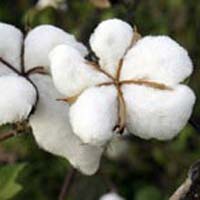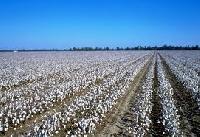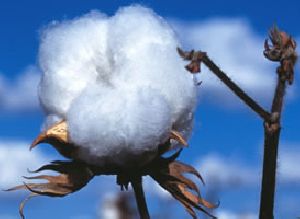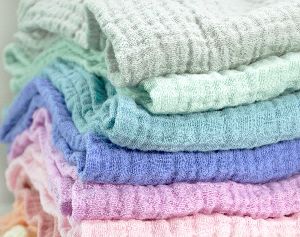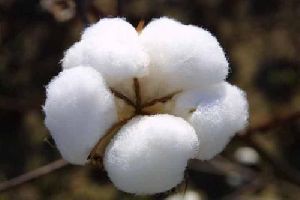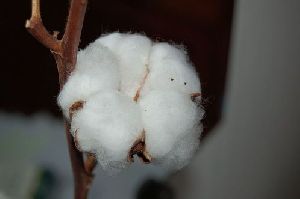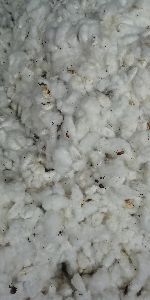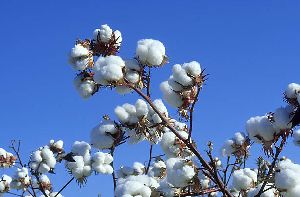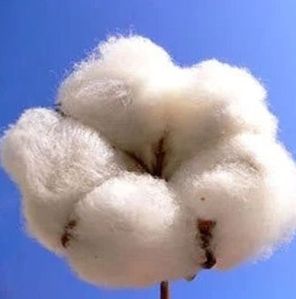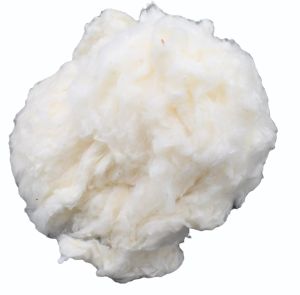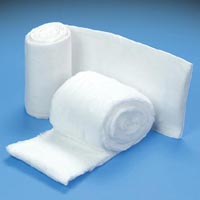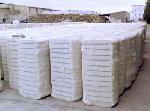Listing ID #3696830
Company Information
Ask for more detail from the seller
Contact SupplierToday, cotton is considered the most important natural fiber used in the textile industries worldwide, amounting to 40% of the textile production. India is among the three leading cotton-producing countries (with USA and China).
Cotton plants really are beautiful! There are lovely flowers and the cotton bolls are absolutely awesome. Did you know that the color of the flowers is very significant?
White flower / white bloom — The first day a bloom opens it is white or a creamy yellow color. In the afternoon, the pollen is released and as it self-pollinates.
Pink flower / pink bloom — Once pollinated, the flower begins to turn pink, becoming a bright fuschia in a few days.
Young boll — As the pink bloom dries down, the young boll pushes its way up, forcing the pink bloom to fall off as a tag. The boll (it looks like a nut) continues to grow as the fiber and seed grow.
Cracked boll — As cotton fiber matures, cotton bolls open slowly as the bracts dry and separate.
Open boll — This is the part of the plant that most people think of when they think of a cotton plant… it’s what we harvest. And it looks like the cotton balls in your bathroom cabinets.
People are starting to know about the health benefits of buying organic food and using organic cleaning products, but what about organic materials in textile? If you are an animal lover, care about what goes on your body or are concerned with the welfare of others, take note: promoting organic fabrics has a major positive impact on your health and the health of our planet.
From a fashion standpoint, Organic clothing now follows all the latest style trends. This means that there are now brands available which offer your favorite styles produced in organic cotton!
However, the biggest benefit of organic cotton remains the environmental aspect: the crops are not treated with pesticides, insecticides, herbicides and Genetically Modified Organisms. These substances are harmful to farmers and workers, to us as consumers, and to entire wildlife eco-systems.
Organic cotton is grown in a way that uses methods and materials that lessen the impact on our environment. An important difference with organic growing systems is that they replenish and maintain soil fertility and build biologically diverse agriculture. Organic cotton uses far less water too.
Unfortunately, today, less than one percent of all cotton grown is organic.
More and more brands and fashion houses are committing to organic materials. Some very large and well-known brands, as well as dozens of smaller brands have also championed organic materials, all kinds of fabrics are available now in sustainable organically grown cotton.
Consumers need to be aware that their choices can literally save the lives of our farmers, our rivers and streams and give our youth a chance to grown up in an unpolluted environment.


